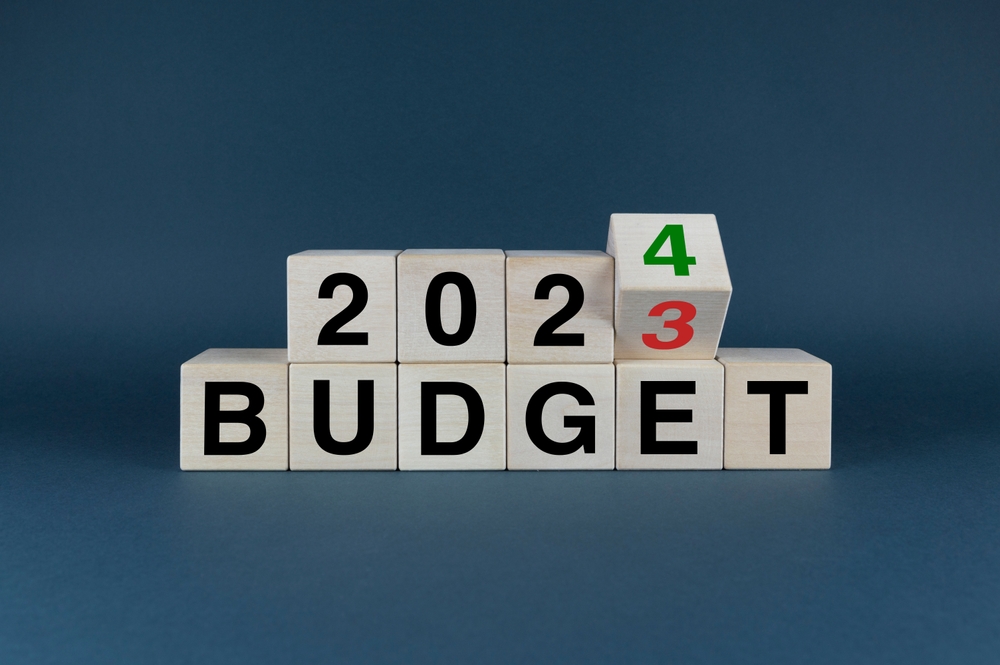
Economic development receives consequential boost from Minnesota legislative session
September 30, 2023
The 2023 Minnesota legislative session concluded in May with an agreed two-year state budget totaling approximately $70 billion that will reach all parts of life in Minnesota. Aspects of economic and workforce development programs included in the budget, primarily set in the Omnibus Jobs, Economic Development, Labor, and Industry Bill (SF3035/HF3028), put the state on a course to make a momentous impact in every Minnesota community.
The Metropolitan Consortium of Community Developers commented in a statement after the session’s closure, “There were many other provisions in both the economic development and affordable housing bills that we are excited about and have been supporting, including the supplemental funding support for supportive services, affordable housing providers relief, 4d, public housing bonding investments, small business grants and economic corridor redevelopment.”
Some of the most significant bills and funding for economic development are listed below.
Economic development
A complete listing of economic development funding can be found in the 2023 Jobs Omnibus Conference Agreement Spreadsheet.
The Minnesota Forward Fund invests $500 million toward securing and leveraging federal investments in infrastructure and large-scale economic development projects in existing, new and emerging industries. It includes $250 million for expanding the semiconductor industry in Minnesota related to the CHIPS Act and $100 million for Department of Defense projects like BioMade, an initiative targeting the use of biomass for renewable fuels.
The Promise Act was created by the 2023 Minnesota legislative session, with nearly $95 million in loans and grants to small businesses and nonprofit organizations in communities adversely affected by structural racial discrimination, civil unrest, lack of access to capital, loss of population, or an aging population or a lack of regional economic diversification.
Explore Minnesota Tourism will receive approximately $67 million for FY 24 and FY25, a $33 million increase. The legislative session created Explore Minnesota for Business under the Explore Minnesota Tourism umbrella, which will receive $11 million in FY 24 to promote livability, workforce and economic opportunity in Minnesota.
The Small Business Assistance Partnership Program has helped supplement technical assistance for small businesses in Minnesota. The legislature designated $12.85 million for this program in FY 24-25, an increase from the previous base funding of $2.85 million. The funding will be in the form of grants to local and regional community-based organizations to assist entrepreneurs and small business owners.
A new revolving low-interest loan fund, the Expanding Opportunity Fund, was targeted for $10 million. The capital will be made available for 22 Minnesota Community Development Financial Institutions.
The Minnesota Initiative Foundations will receive $7 million across the biennium for grants to be awarded for facilitating expanding access to affordable, high-quality child care.
The Redevelopment Grant Program was increased from approximately $2 million to $4.26 million in FY24 and FY25 to help communities redevelop blighted industrial, residential or commercial sites.
Another new program created by the 2023 session is the Community Wealth Building Pilot Program, designed to support commercial shared ownership businesses. The legislature appropriated $3 million for the program and assigned the Metropolitan Consortium of Community Developers to manage it.
Affordable Housing
Available housing has become a critical aspect impacting a community’s ability to foster successful economic development. The legislative session concluded with an agreement on approximately $1 billion in investments for various housing (HF2335/SF2566) platforms, each displayed in the Housing and Homelessness Prevention Spreadsheet.
- A Housing Infrastructure Cash Appropriation of $200 million in place of Housing Infrastructure Bonds to finance thousands of new units of permanently affordable housing.
- $150 million in down payment assistance through a new pilot program established in the legislative session, the First-Generation Homebuyers Down Payment Assistance Fund, to be administered by the Midwest Minnesota Community Development Corporation. The concept is intended to reduce the homeownership disparity gap.
- $115.5 million for emergency rental assistance through the Family Homeless Prevention and Assistance Program, which seeks to help Minnesota families remain stable in their housing situations.
- $90 million to establish the Community Stabilization program to acquire and renovate naturally occurring affordable housing to preserve rent affordability.
- $20.5 million for the Workforce and Affordable Homeownership Program, which provides one-time grants for new construction, acquisition, rehabilitation, and resale of single-family homes.
Other investments
The budget includes other investments that indirectly impact economic development. There is $1 billion for health and human services (HF2930/SF2995) like child care. Local communities will receive $6.5 million yearly for grants to increase the number of quality childcare providers to support economic development.
The new Drive for 5 Workforce Fund will receive $30 million to prepare new workers to enter Minnesota’s highest-demand occupations like technology, manufacturing, health care, teachers and construction.
Learn what applies to you
Much of the funding is available through DEED to applicable organizations via programs and requests for proposals. DEED offers a registration to receive email updates on funding and new programs from the 2023 legislative session here.
Additionally, Washington County representative of Open to Business, Tyler Hilsabeck, can offer more direction or help connect you with the appropriate resources to help your organization access this critical funding.


